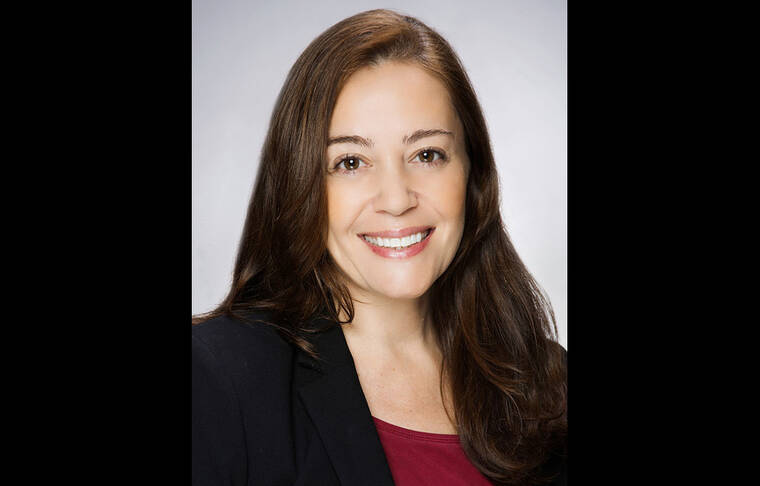A bill that would establish a timeline by which roasted coffee, instant coffee and ready-to-drink coffee beverages that use a geographic origin in labeling or advertising are required to contain a certain percentage of coffee by weight from that geographic origin is headed to the Senate Committee on Commerce and Consumer Protection on Wednesday.
HB 2298 originally called for phasing in the percentage of regional coffee to 25% by July 1, 2024, 50% by 2025, 75% by 2026 and 100% by 2027. However, House Committee on Consumer Protection and Commerce Chair Rep. Mark Nakashima recommended amending the bill to modify the schedule for the increase in coffee percentages and change responsibility from the retailer to the wholesaler so wholesalers are able to clear stock of 20% by June 30, 2027, 25% by 2030 and after 2033 sell only 50%.
The bill, introduced by Rep. Nicole Lowen, came on the heels of Act 222 in 2022 which required an independent study to assess the economic impact of Hawaii’s coffee labeling laws on local coffee farmers and the industry.
Guild Consulting of Honolulu was awarded the $100,000 contract to conduct the study, and on Jan.18, the DOA submitted the final report on “Economic Study on Changes in Coffee Labeling Law.”
The report highlighted that increasing the minimum amount of Kona coffee from 10% to either 51% or 100% would be advantageous for local farmers, with a higher increase providing the most benefit. Additionally, the report anticipates that proposed labeling changes could result in a price increase for Kona coffee while seeing minimal impact on quantities grown or sold.
“The report unequivocally found increasing the percentage of coffee will increase the dollar value that farmers get. Fifty-one percent is better, 100% is more,” said Lowen.
The study refuted claims made for years by coffee roaster/blenders in opposition of minimum percentages.
Gerard Bastiaanse, president of Hawaii Coffee Company, has opposed coffee labeling bills every time they were introduced in the legislature.
“We believe it is important to offer consumers a range of coffee products so they have options to choose based on taste preferences and affordability,” he said in testimony on Feb. 27.
“You sell coffee with the name Kona on it for a much higher price than you would without the name,” responded Lowen. “Year after year you have opposed any changes to the law and then called for a study. Now there is a study and you don’t like the results.”
Kona Coffee Farmer Bruce Corker said that for more than 30 years, Hawaii has been the only region in the world to authorize the use of its regional names on packages of one of its specialty agricultural crops with only 10% genuine content. He contends that the marketing of 10% blends damages the economic interest of Hawaii farmers and deceives consumers.
“In response to the current amended bill before the Senate, Rep. Lowen has suggested that coffee farmers and supporters of fair labeling should prepare written testimony requesting that HB 2298 be further amended to restore the original 3-year phase-in and, as a compromise, amending the phased-in minimum to 51%, effective January 1, 2027,” said Kona Coffee farmer Bruce Corker. “The only beneficiaries of a 9-year phase-in would be blenders and their huge profits from putting Hawaii regional names on packages with significant percentages of inexpensive foreign-grown coffee. The suggestion that blenders need 3 years to clear inventory from retail shelves is ridiculous.”
He said a compromise by coffee farmers is suggested if the 100% content is not restored.
“Move Hawaii coffee labeling reform forward on a reasonable time track. The compromise would be a 3-year phase in (as set forth in the original bill) but with a 51% maximum to go into effect on July 1, 2027,” he suggested. “Hawaii needs to protect the economic interests of its farmers.”
Written testimony may be submitted at capitol.hawaii.gov. Zoom testimony will also be heard at the 9:30 public hearing.
“I think going 100% is the right thing to do. We have been shortchanging our farmers for too long,” said Lowen.






